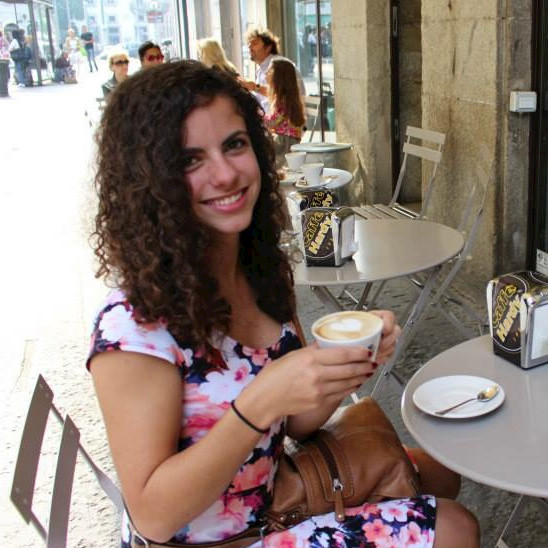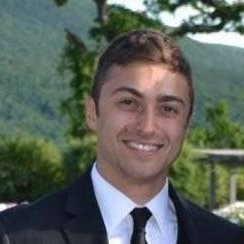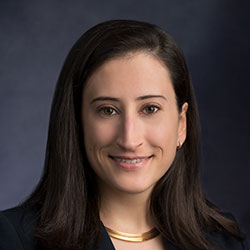Name: Kat Rosenthal
Class Year: 2013
Title: Project Manager
Organization: John Moriarty & Associates, DC
1. In one sentence, what does your job entail?
I manage the financial and manpower requirements to build buildings
2. What planned and unplanned events connected you to your industry and your first employer after Holy Cross? How did you learn/decided it was a good fit for you?
A series of failed attempts at finding my passion lead me to start throwing darts at the wall to find a career. I wanted something that had a team component, as I missed playing sports so much. I connected with someone from high school who worked for a large general contractor in Boston who then pointed me in the direction of another general contractor. I reached out for an unpaid internship and was hired as a paid intern. Three months of interning lead to a full time job. Six years later, I now run my own project and still love what I do.
3. What were you involved in when you were on campus?
Varsity softball, President of ABiGaLe/Allies (now Pride), Physics grading and tutoring, and a Pub Rat 🙂
4. What was your major and how did it affect your career decisions?
I studied Physics with a Concentration in Women’s and Gender Studies. I knew I did not want to work in a lab forever after a few summer internships. Physics taught me how to collaborate and problem solve; I knew that whatever I did for a living had to let me critically think and work with a team.
5. What are one or two skills that you developed at Holy Cross that you use in your work?
Most definitely teamwork and creative problem solving. Construction is a very big field with a lot of different specialties. As a general contractor, we work to learn a little about a lot, working with the experts (designers and engineers) to make a building. It involves working as a team and problem solving as a group. So many times I know only high level details, but my ability to think outside the box to solve a difficult constructability issue is very helpful!
6. What advice do you have for students today?
Do as much as you can while you’re still at Holy Cross. Try everything you can. Get outside of your comfort zone. Do not worry so much about your grades. Instead, work hard, maintain a good reputation, and create great and long standing relationships with professors, staff, and classmates; that will pay off so much more in the long run.











